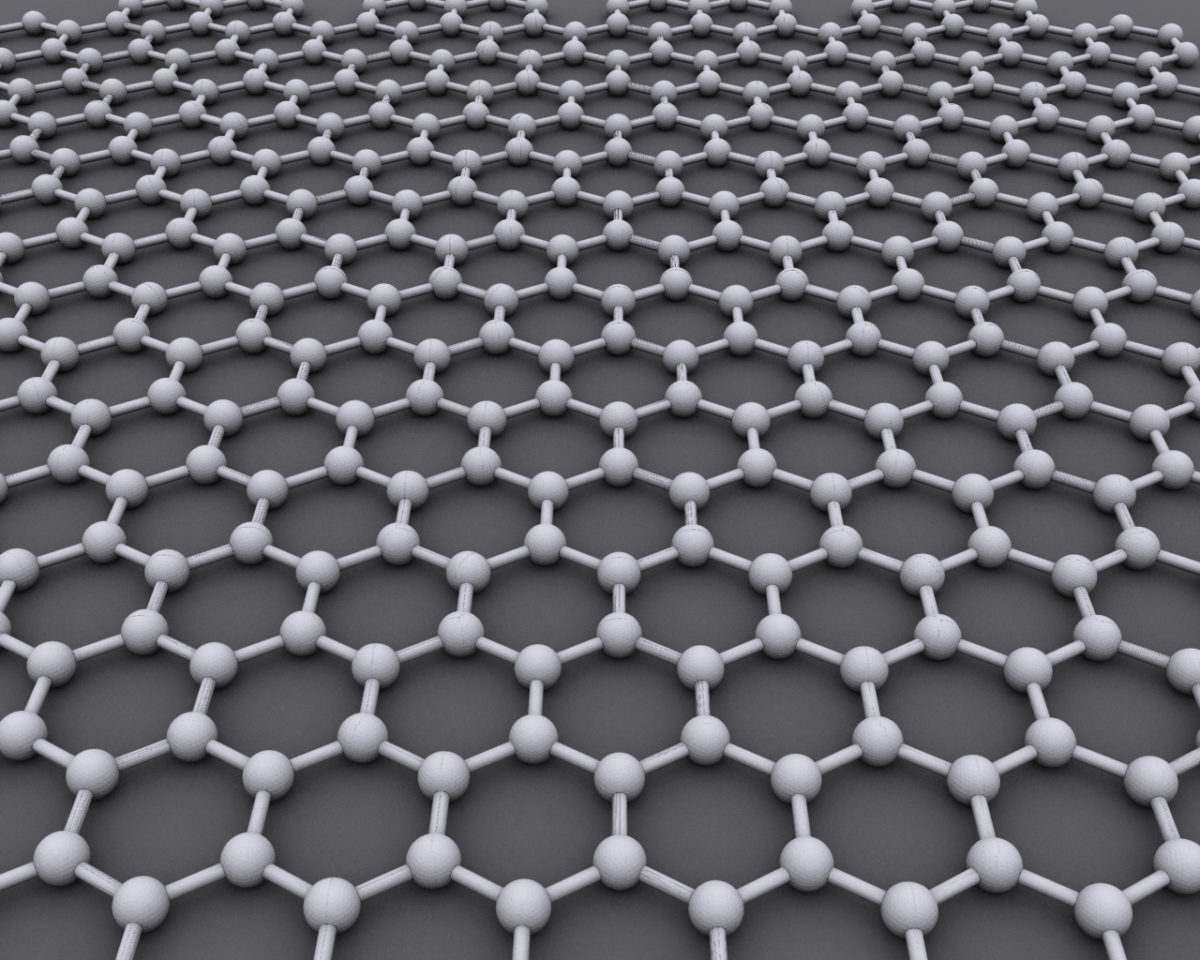From pv magazine USA.
US-based battery and graphene technology startup Nanotech Energy just closed a $27.5 million funding round at a post-money valuation of $227.5 million, according to the company. The investors were not disclosed. The company has raised more than $30 million since its 2014 founding.
Jack Kavanaugh, CEO of the company, spoke with pv magazine. His startup claims to be “the world’s top supplier of graphene” and plans to release a non-flammable, environmentally friendly lithium battery that can charge “18 times faster than anything that is currently available on the market” — within the next year.
(This list of leading graphene suppliers does not include Nanotech Energy.)
Kavanaugh said, “We are confident that we have a one-of-a-kind, industry-changing product that will impact the technologies and bottom lines of multiple end-user markets.”
Headquartered in Los Angeles, California, Nanotech Energy is co-founded by Kavanaugh and UCLA scientists Richard Kaner and Maher El-Kady.
Although investors in this round were not disclosed, Kavanaugh, along with fellow-board members Mahi De Silva and Robert Snukal are part of Multiverse Investment Fund, a minority investor in the battery startup, according to Pitchbook.
Graphene!
Graphene can improve the surface area and electronic conductivity of the lithium-ion battery anode and cathode. According to the company, these nanostructured electrodes “enable a new generation of lithium-ion batteries with excellent power density, exceptionally high energy density and long cycling life.”
The startup uses a solution processing method that allows graphene to be coated on “any substrate” along with a laser process step that forms a graphene foam. The company had originally applied its graphene technology to making better supercapacitors but now focuses on its “super battery.”
Nanotech Energy is commercially shipping graphene inks and the CEO stresses that it is producing “real graphene,” not graphite. Science Mag points out that much of what is sold as graphene is often small pieces of bulk graphite — despite its $300 per gram price. Graphite is used as structural support in tennis racquets and bicycles — but it’s not the one-atom-thick sheet of monolayer graphene needed to make a better battery.
Popular content
The CEO said that fabricating its own graphene allows the startup to be vertically integrated. He adds that the firm can produce kilos per day compared to the grams coming from other vendors.
Specs and claims
The CEO said that the company’s technology is being applied to various lithium formulations, as well as a non-lithium, environmentally friendly, water-based electrolyte.
The company claims:
- It will produce a battery that can charge “18 times faster than anything that is currently available on the market” within a year.
- Its battery has low resistance — less than 5 mΩ in its Gen 5 product — allowing for faster charging and a higher cycle life.
- While a Panasonic battery can cycle 250 times before it degrades to 80% of its initial charge capacity, according to the CEO, its Gen 6 product will have a cycle life beyond 800 or perhaps 2,000 cycles.
- The firm is using the 18650 package, but can adapt its architecture to any battery size and shape.
The CEO did not provide figures on Nanotech Energy’s power density or energy density.
Market entry and business plan
Although Nanotech Energy’s $27.5 million is a decent pile of money, it’s about $1 billion short of the investment necessary for a large battery factory.
And that leaves the company to decide if it wants to be a battery builder, or at a fraction of the capital raise — an electrode supplier to battery builders.
Having lived through weekly battery breakthrough claims and after covering battery startups such as A123, Envia, Aquion, Imergy, and Alevo — this reporter is inclined to keep Thomas Edison’s words regarding battery entrepreneurs in mind.
Nevertheless, if Nanotech Energy can realize its claims of cycle life, charge time and energy densities — it will be a profound breakthrough.
This content is protected by copyright and may not be reused. If you want to cooperate with us and would like to reuse some of our content, please contact: editors@pv-magazine.com.



What Panasonice battery does this 250 cycles refer too? That sounds like a mobile phone battery, whereas Tesla/Panasonic batteries do over 3000 cycles afaik with less than 10% capacity loss. The reference to 18650 cells sounds likes its intended for EV.